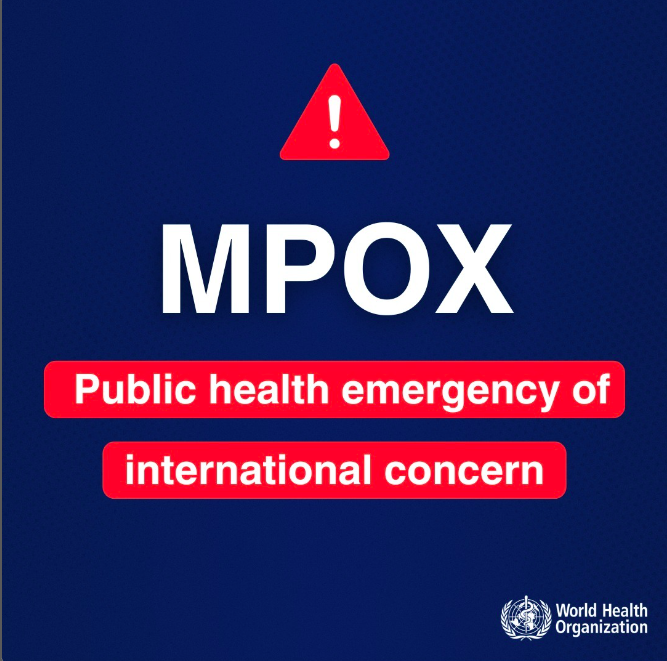M-pox is in news all around. WHO has declared this outbreak as an emergency of international concern. So, here is what you need to know about this disease-
Cause: M-pox is a viral illness caused by the monkey-pox virus
Transmission: It is transmitted to humans through close contact with an infected animal, infected human, or with fomites (materials contaminated with the virus)
Signs & Symptoms: Symptoms start anywhere within three weeks of exposure to this virus and can last up to 4 weeks.
Commonly observed symptoms are rash, fever, sore throat, headache, muscle pains, back pain, fatigue, enlarged lymph nodes, etc.
The first lesions usually appear on the tongue and then spread to the skin. The rash can be like a blister, which is itchy or painful. Blisters later develop crust and scab, before healing.
Warning signs: Difficulty in breathing, chest pain, neck stiffness, confusion, loss of consciousness and seizures indicate worsening of the disease.
Course of the disease: While most people recover completely within weeks, some can become seriously ill. Children and people with immunocompromised status – like those with HIV/AIDS or taking immunosuppressive drugs like corticosteroids- are most susceptible to serious illness and in worst cases, death.
What to do if you suspect anyone has m-pox in your home or community?
- Contact your healthcare provider at the earliest, to ensure confirmation of the disease and supportive care to the patient
- Ensure safe self-isolation of the affected person in an airy room
- Maintain hygiene – wash hands often with soap and water, and encourage others to do so. The affected person should always wash hands before and after touching the sores.
- The sores must be kept dry and uncovered
- Saltwater rinses and gargles for sore throat
- Encourage warm water baths with baking soda or Epsom salts for the patients
- Over-the-counter medicines like paracetamol and ibuprofen can be taken for fever, pains
- Do NOT scratch on the sores, it will spread the disease further
Prevention: Vaccines for pox are available at many centers. It is recommended for those with a high risk of getting infected, especially during an outbreak
Share this information, and defy misinformation.
Stay safe!






0 Comments